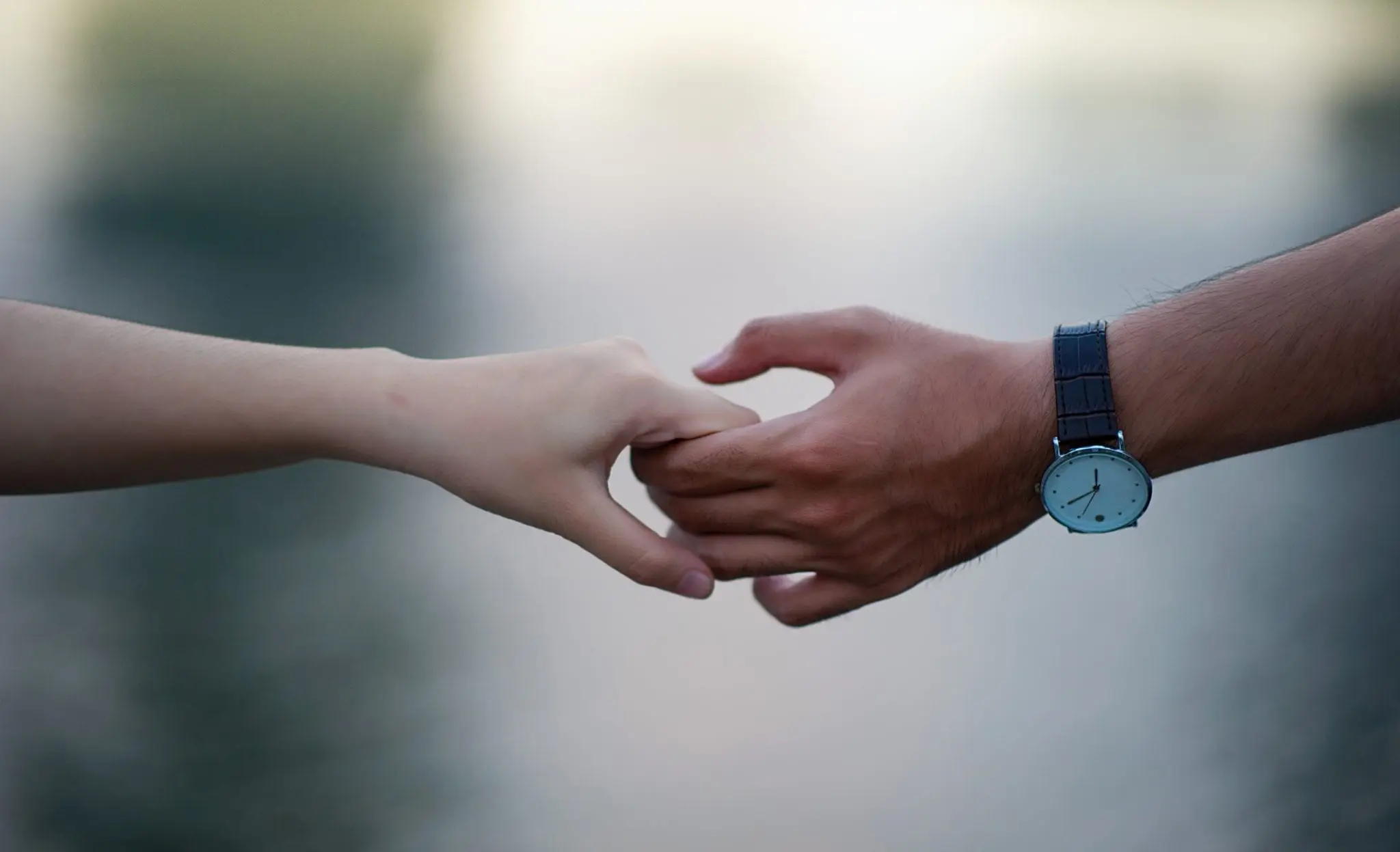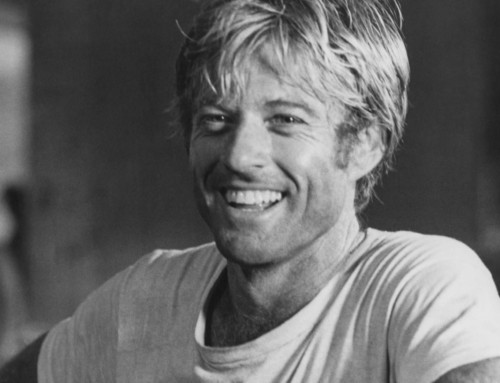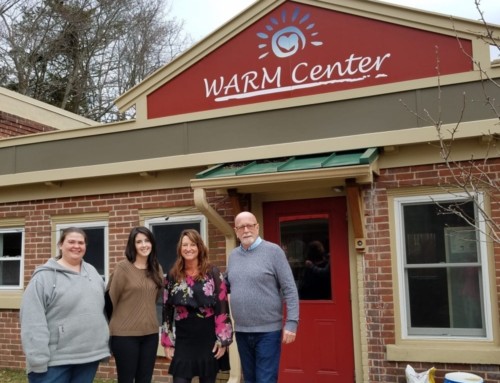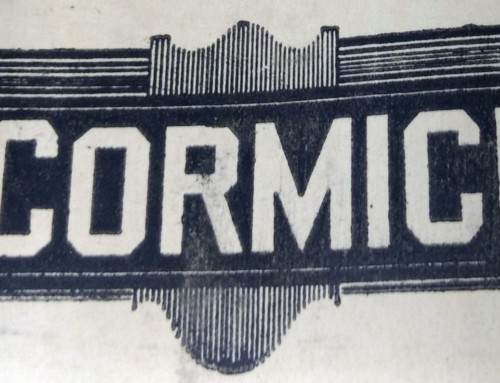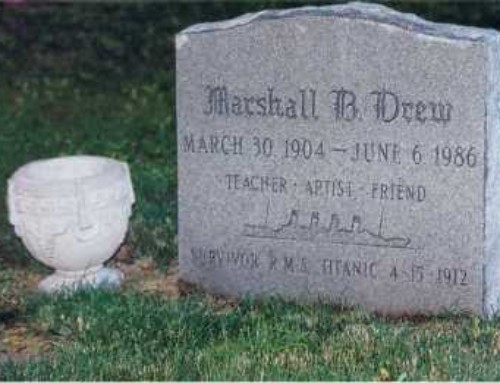Last year’s celebrity suicides sent shockwaves across the country. Alongside these high-profile deaths are 121 other people who take their lives every day, 22 of whom are veterans. In Rhode Island, someone over the age of 25 takes their own life on average every 3 days, and every 20 days if they are under the age of 25. 450 physicians commit suicide annually, which leaves over a million patients without a doctor.
Whether a death is covered nationally in newspapers or is mourned by a close group of loved ones left behind, suicide makes an enormous impact on friends, family, and community members and is often preventable.
Westerly Hospital Affiliate Dr. Rob Harrison is the Washington County Suicide Prevention Coordinator and a frequent guest on WBLQ’s Veteran’s Hour. In the wake of Shawn Gooding’s death, Dr. Harrison has organized several outreach sessions with Shawn’s friends and family at Paddy’s, the Malted Barley, and Cleat’s Sports Bar.
“We’re going to those places because that’s where his friends hang out,” he said. “They probably wouldn’t want to come to a church, hospital, library, or other usual meeting places, so I’m glad to go wherever they are.”
“I like to emphasize the positives, and what we can do about it,” Dr. Harrison explained. “Just like anyone can be trained in CPR, anyone can be trained in suicide intervention.” A variety of programs exist to help you learn to help others. For example, the QPR (Question, Persuade, Refer) program is like CPR for mental health.
The program teaches individuals how to recognize the verbal or behavioral cues given when someone may be contemplating suicide and how to ask the questions that no one automatically feels comfortable asking, in a way that’s supportive and helpful. After the questioning stage, individuals should try to persuade the person at risk to seek help, and then refer them to professionals for this help and support.
Additionally, a Mental Health First Aid program for adults was launched in 2007, and a Youth Mental Health First Aid program followed in 2012. “The Youth program helps to teach parents, grandparents, teachers, scout leaders, anyone who interacts with kids and teens, how to recognize when a young person is having a mental health challenge, and provides an action plan. You’re not trying to diagnose or provide the therapy yourself, you just have to try and establish a relationship to convince them to get help.”
Westerly Public Schools has committed itself to getting their entire staff (more than 500 people) trained in Youth Mental Health First Aid in the coming years, and while all police officers are mandated to take the course in Mental Health First Aid, many of the town’s police officers are also trained in the Youth program as well.
You don’t have to be a teacher or a police officer to make a difference, however; individuals interested in becoming more proactive in this area are welcome to take the YMHFA program, too. The next course will be offered for free at the Wakefield Baptist Church on August 4th from 8 a.m. to 5 p.m.; spaces are still available and you may register online.
If you’re not sure of who or where to refer a friend or loved one to, don’t worry – there’s an easy place to start. “There’s a website, coastalwellnesscollective.com, which lists over 60 mental health therapists in our area,” Dr. Harrison explained. “From Westerly and Pawcatuck, up to Warwick and East Greenwich – it’s a very helpful website because it tells you what each therapist specializes in, what areas they’re trained in, what insurance they accept, and how to contact them.”
Another resource available to residents of Southeastern Connecticut is calling 211. A mobile response team out of Norwich will respond to this call within 45 minutes of travel time and evaluate a person for suicide risk in their own home. Calling 211 in Rhode Island also provides some valuable resources and options, but unfortunately, the state does not offer a mobile response team yet.
Dr. Harrison also spoke to the myths that asking someone if they are contemplating self-harm or suicide will only further inspire them to do so, or that those who are considering suicide won’t actually follow through.
“Most people who are considering it will make an attempt, and they’re desperate for someone to talk to them about it before then,” he explained. “But they feel totally without hope, and totally alone. Not just lonely, but alone. It doesn’t take much to get somebody the support and help they need.”
“Anyone can do this,” he shared. “You don’t have to be a professional to save someone’s life. Anyone can ask the question. What it takes is caring. If you care about someone’s life, then you can help save it.”
